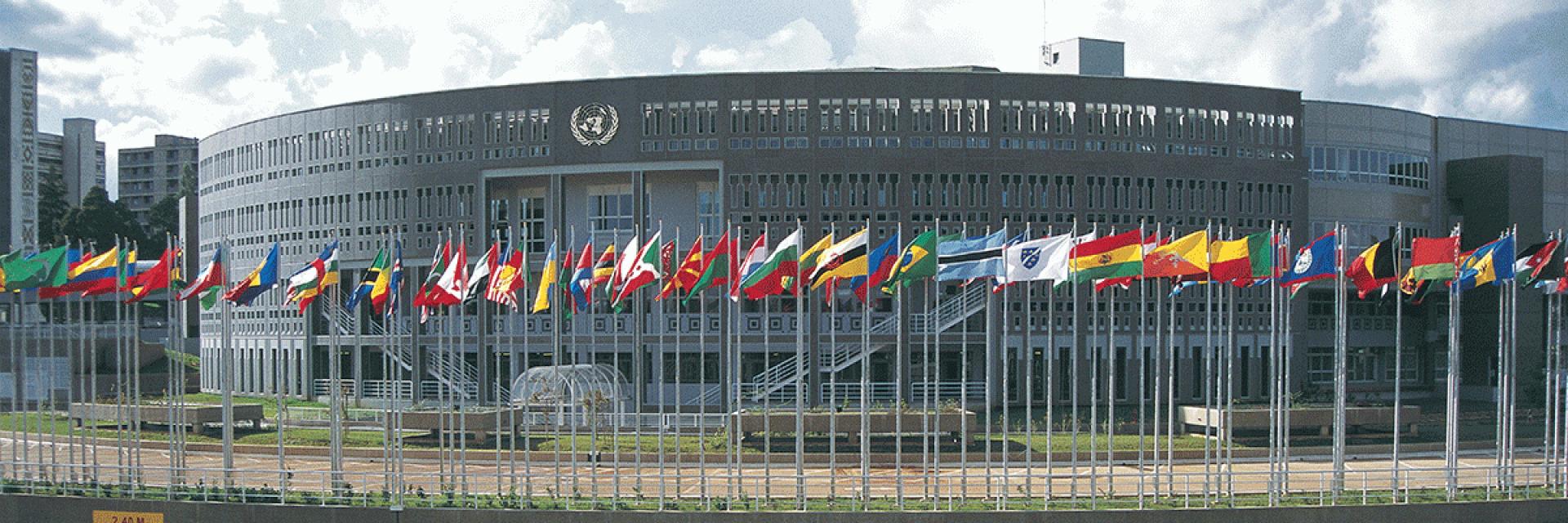Share this:
Financing Africa’s Development through Climate Resilience
7 septembre, 2022 - 9 septembre, 2022
The world is in the throes of a cumulative crisis – the COVID-19 pandemic, economic decimation and climate change and environmental degradation. When the Ukrainian crisis that is hitting several countries in such diverse sectors as wheat and tourism with full force, is coupled with this, the equation becomes much more complex and innovative approaches are vital. There is consensus that a green pathway which promotes carbon neutral investments, clean jobs and reduced pollution will guarantee sustainability.
The first IPCC Working Group report showed that global warming has already reached 1.1°C and could reach 1.5°C well before 2040. Even with less than 2°C of warming, some key risks are expected to result in widespread, invasive and potentially irreversible impacts, particularly in the case of high exposure and insufficient adaptation. Whatever the Shared Socio-economic Pathways scenario, the risks associated with warming will inevitably increase in the short term. Moreover, the latest IPCC report is clear: we need to act now. The observed impacts, projected risks, current trends in vulnerability and the limits of adaptation show that there is a stronger need for action on climate-resilient development than previously assessed. Consistent action is required immediately, as each increase in temperature undermines the probability of achieving resilience.
The IPCC report is also clear on what needs to be done: we must drastically reduce our greenhouse gas emissions. If we aim to respect the Paris Agreement and limit global warming to well below 2 degrees and further keep the goal of 1.5°C within reach, global emissions should peak between 2020 and 2025 at the latest and decline to global carbon neutrality by 2050. In concrete terms, global greenhouse gas emissions must be reduced by almost 50% by 2030 and by 80% by 2040 compared to 2019 to limit the rise in temperature to 1.5°C. Nevertheless, the distribution of GHG emissions continues to vary unequally, both geographically and socially. For example, the 10% of households with the highest per capita emissions in developed countries contribute 34-45% of overall household greenhouse gas emissions, while the African continent as a whole contributes less than 5%.
The rapid and far-reaching transitions required to stay within the Paris Agreement temperature target require enormous financing. For African countries, already committing between 3-9% of its budgets to finance climate change adaptations, such financing requires significant support from partners at a scale far larger than has been mobilised so far, and through appropriate instruments that are relevant and responsive to the specific needs and circumstances of Africa.
Objective
The overall objective of the meeting is to i) ensure coherence of African climate finance positions with needs and ii) prioritise actions that can be led by African countries with targeted support to increase climate finance available for implementation.
The specific objectives are to provide the avenue for:
- To leverage African leaders’ voices to mobilize greater international support for a green and resilient recovery in Africa, that includes deploying sustainable energy to drive growth and investments while improving energy access.
- To crystalise, in consultation with AGN and AMCEN, African key messages on climate finance in relation to the additional grant resources needed, as well as innovative financing which can further mobilise the private sector
- To engage global leaders to on the imperative of committing and disbursing the requisite financial and technological contributions to climate actions in Africa in fulfilment of the requirements of the Paris Agreement
- To provide a potential platform for a number of African countries to present their revised NDCs and/or announce long term strategies and link these plans and strategies to financing streams.
Expected outcomes
The meeting is expected to lead to the following outcomes:
- Outcome 1: Improved coordination of African initiatives to scale up and accelerate implementation;
- Outcome 2: Strengthened joint planning and implementation through a clearly defined joint implementation plan; and
- Outcome 3: Defined key opportunities for intervention at all levels to advocate at COP27.
- Outcome 4: Issue a clear call for specific Africa focused principles and asks in relation to climate finance.
Format of the meetings, date and venue
The meeting will be held in person for two consecutive days on 8-9 September 2022 as per provisional Programme of Work with statements from Ministers of Finance outlining key messages for Africa leading up to COP27.

